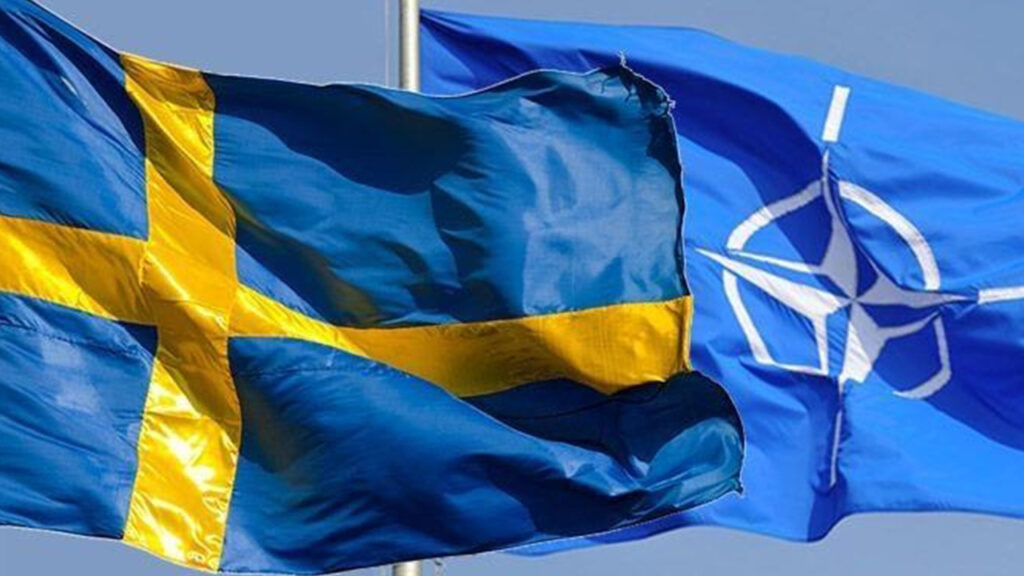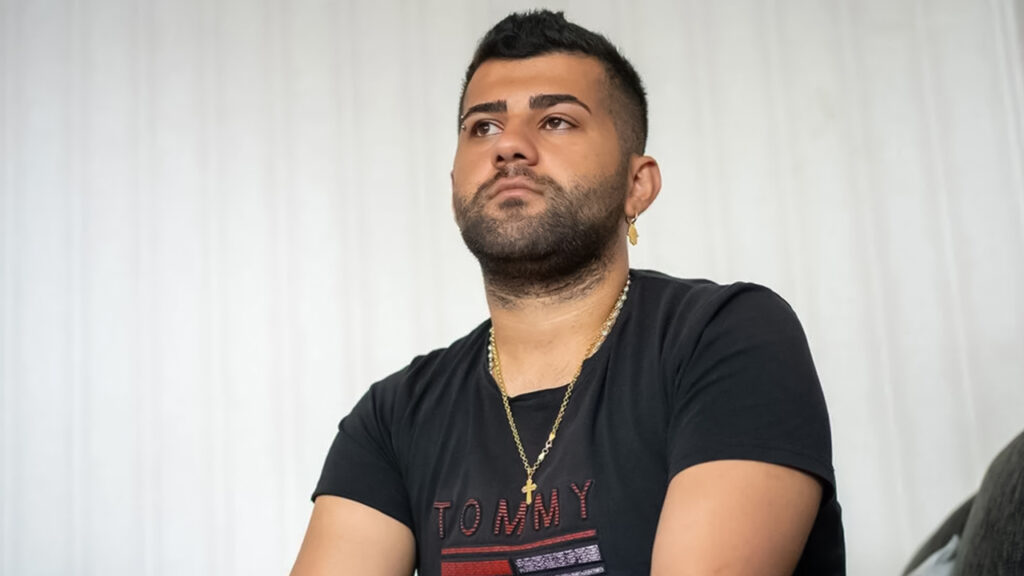The steady erosion of Sweden’s stated policy of neutrality has been long in the making. Established in 1812 following the Napoleonic wars, Sweden’s formal policy of maintaining neutrality in international armed conflicts came to an end in 2009, when the Nordic country entered into a number of mutual defence treaties with the European Union and its neighbours in Europe’s north. Sweden’s nominally-neutral alignment took a further blow this week, when Turkey appeared – though the matter is still not wholly certain – to drop its opposition to Sweden joining NATO, clearing the way for Sweden’s accession to the security alliance later this year.
But it’s inaccurate to view Swedish neutrality as coming to an abrupt end in the 21st century. A policy of ‘armed neutrality’ was insufficient to keep Sweden from falling under German influence as they were gradually encircled by the Nazis, with the German war machine relying on Swedish iron ore – though Sweden was able to avoid a devastating Nazi invasion like those suffered by her neighbours, and provide shelter to a limited number of Jewish children and other refugees from neighbouring Nordic countries.

Thereafter, despite refraining from joining NATO, Sweden fostered ever-closer ties with the US-dominated Western security bloc, with all planning for defence against a Soviet attack conducted on the agreement that the US would provide military aid, while US nuclear submarines circled close to the Swedish coast. After the collapse of the Soviet Union, Sweden’s indigenous forces shrank as the country’s participation in US-led military interventions grew, with the country contributing troops to US-led endeavours in the Balkans and Middle East and participating in the European Union’s Nordic Battle Group. While actual accession to NATO might bring further steps like the deployment of a NATO battle group on Swedish soil, Sweden’s political alignment has never seriously been in question.
Of course, no-one expects Sweden to stand alone against any putative expansion of Russian aggression. Sweden is not a nuclear power, and the country’s political alignment to Europe and the West is obvious enough. Rather, the country’s impeding accession to NATO and concessions to Erdoğan illustrate the impossibility of an effectively ‘neutral’ military policy without a broader, organised, non-aligned movement.

Officially, 120 nations (home to 55% of the world’s population) are still formally part of the Non-Aligned Movement — an organisation founded at the inception of the Cold War in opposition to both the ‘first world’ and the US-led NATO alliance and the ‘second world’, or the USSR’s Warsaw Pact.
The NAM was established in Yugoslavia, primarily in response to the US-Russian proxy war in Korea. This ‘third-worldist’ organisation saw itself as opposing all forms of imperialism, advocating instead for self-determination and an end to global inequality through a more equitable distribution of wealth. Though it failed on a number of key aims and never achieved its hoped-for impact during the Cold War, the body was able to pressure both West and East on issues such as nuclear non-proliferation.
Following the subversion of multiple non-aligned democracies via US-backed coups and the collapse of Soviet communism, the NAM’s relevance and effectiveness dwindled. Post-1991, the West aggressively asserted its dominance, making it clear to weaker non-aligned countries that there was no alternative to falling into the USA’s orbit. Despite its flaws, the NAM provided a clear, political platform providing space for countries as ideologically diverse as theocratic Saudi Arabia and communist Yugoslavia to unite and promote issues of common interest to the world and the Global South in particular.
The Kurdish political movement, it should be noted, continues to implement and advocate for a broadly third-worldist, non-aligned foreign policy. But absent such a platform organised on a mass, international level, with great-power conflict resurgent (and China looming rather larger over Russia’s shoulder) then weaker states in both North and South are necessarily forced to pick sides. A bolder, internationalist foreign policy might have allowed Sweden to place herself out of the battle, and courageously advocate for a ‘third way’ beyond political bifurcation alongside an organised bloc of smaller and weaker nations, playing a vital diplomatic role without offering any apologia or appeasement for the Russian invasion. But given the security and political realities on NATO’s eastern flank, Sweden’s neutrality was never neutral at all.
* Matt Broomfield is a freelance journalist, poet and activist. He writes for VICE, Medya News, the New Statesman and the New Arab; his prose has been published by The Mays, Anti-Heroin Chic and Plenitude; and his poetry by the National Poetry Society, the Independent, and Bare Fiction. His work was displayed across London by Poetry on the Underground, and he is a Foyle Young Poet of the Year.










